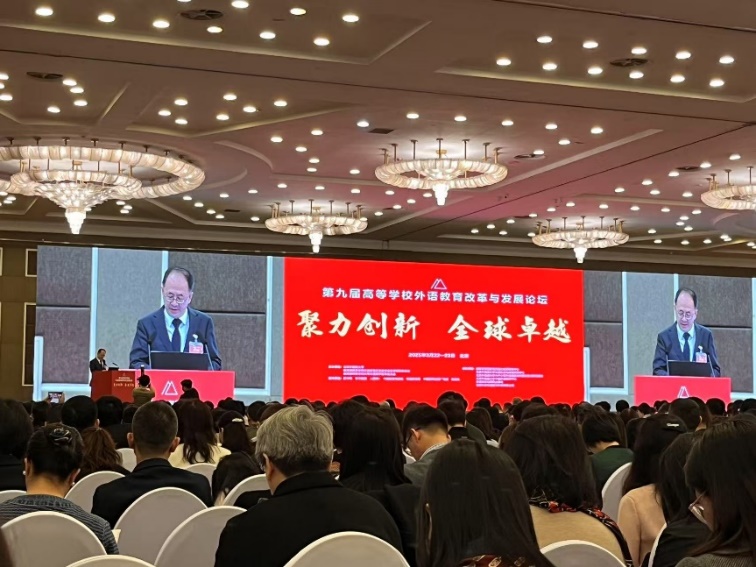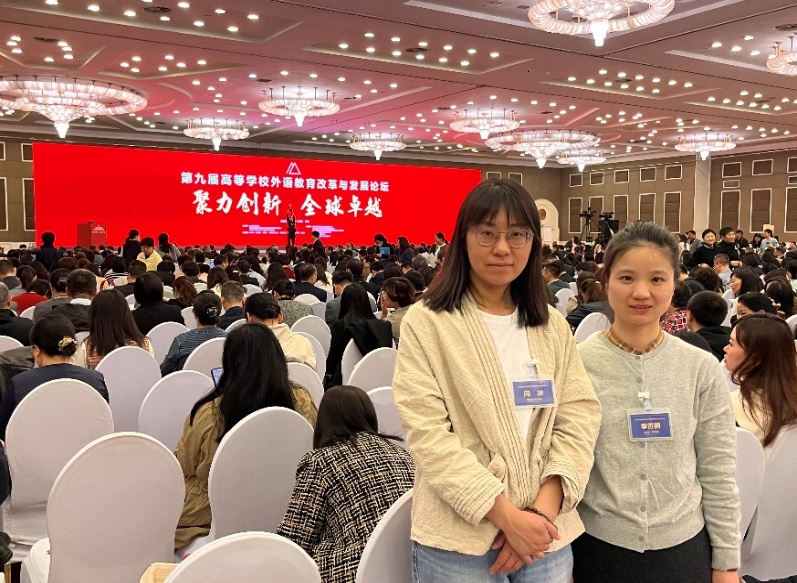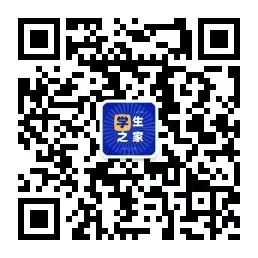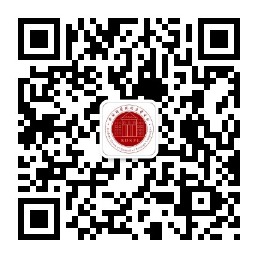外院网讯(通讯员 季苏鹤)2025年3月22日,外国语学院骨干教师闫冰、季苏鹤赴京参加第九届全国高等学校外语教育改革与发展高端论坛。论坛以“聚力创新 全球卓越”为主题,立足国家高质量对外开放战略和“一带一路”建设,旨在推动对接国家和社会需求的外语人才培养创新。

本次论坛由北京外国语大学、教育部高等学校外国语言文学类专业教学指导委员会、教育部高等学校大学外语教学指导委员会联合主办,吸引了来自全国各地2000余名高校外语教师参加。本次论坛分为主旨报告、专题论坛和教指委论坛,围绕自强卓越的高等外语教育体系构建、智能驱动的高校外语教学生态重塑、多方联动的人才培养模式创新等多个时代前沿主题进行探讨,旨在厘清我国高校外语教育面临的新形势和新要求,帮助外语教育积极应对人工智能的时代挑战,探索数字赋能教育背景下因材施教的新方法,以及外语教育“为党育人、为国育才”的新路径。

通过参加本次论坛,我院教师深入了解了当前外语教育领域的最新动态和发展趋势,拓宽了教学视野,提升了专业素养。同时,通过与来自全国各地的外语教育工作者的广泛交流,建立了良好的学术与教学合作网络,为未来的教学和研究工作夯实了基础。
外国语学院一直以来高度重视教学创新与改革,积极响应国家“现代化教育强国建设”的号召。此次参会,不仅展示了学院在高质量外语人才培养方面的积极探索的决心,也为进一步推动外语教育数字化转型与发展奠定了基础。未来,外国语学院将继续深化与国内外高校及研究机构的合作,不断探索外语教育的新模式、新方法,为培养德才兼备、具有家国情怀和国际视野的高质量外语专业人才贡献力量。(审核 冯婷)
On March 22, 2025, core faculty members Yan Bing and Ji Suhe from the School of Foreign Languages attended the 9th National Higher Education Foreign Language Education Reform and Development Forum in Beijing. With the theme “Innovate Together, Excel Globally,” the forum focused on the national strategy of high-quality opening-up and the Belt and Road Initiative, aiming to promote innovative approaches to foreign language talent development that align with national and social needs.
Co-hosted by Beijing Foreign Studies University, the Ministry of Education’s Higher Education Foreign Language and Literature Teaching Steering Committee, and the Ministry of Education’s Higher Education University Foreign Language Teaching Steering Committee, the forum attracted over 2,000 foreign language teachers from universities nationwide. The event featured keynote speeches, specialized forums, and teaching committee forums that delved into topics at the forefront of the era, such as constructing a self-improving and excellent higher education foreign language education system, reshaping the intelligent-driven ecosystem of university foreign language teaching, and innovating talent development models through multidimensional collaboration.
The discussions aimed to clarify the new challenges and requirements facing foreign language education in Chinese universities, help foreign language education actively respond to the challenges of the AI era, explore new methods of personalized teaching under the backdrop of digital education empowerment, and establish a new path for foreign language education to “educate individuals for the Party and cultivate talents for the country.”
Through their participation in the forum, our faculty members gained a deep understanding of the latest dynamics and trends in the field of foreign language education, broadened their teaching perspectives, and enhanced their professional competence. Additionally, through extensive exchanges with foreign language educators from across the country, they established a strong academic and teaching cooperation network, laying a solid foundation for future teaching and research endeavors.
The School of Foreign Languages has always placed great emphasis on teaching innovation and reform, actively responding to the national call for building a “modern education powerhouse.” This participation not only showcased the school’s determination in actively exploring high-quality foreign language talent development but also laid the groundwork for further promoting the digital transformation and development of foreign language education. In the future, the School of Foreign Languages will continue to deepen its cooperation with domestic and international universities and research institutions, constantly explore new models and methods in foreign language education, and contribute to nurturing high-quality foreign language professionals with both moral integrity and talent, possessing a sense of national pride and an international outlook.






